The Portland Regional Chamber of Commerce advocates for a policy agenda that builds community will for broadly shared and sustainable growth that affords opportunity for all. We know that the Greater Portland Region is composed of vibrant, interdependent communities where economic opportunity improves quality of life and place. We stand for visionary and collaborative leadership that is broadly inclusive and encourages dialogue. We stand for a culture of growth that strengthens what is unique and essential to our communities and the quality of life and place they afford.
We will persistently communicate Chamber positions to policymakers, employers, employees, and residents to ensure factual information and aspirations for shared prosperity are understood. All of these policy priorities are dependent on symbiotic execution that recognizes the essential interdependence of out most robust economic and workforce development, transportation, housing, and energy goals.
We will persistently communicate Chamber positions to policymakers, employers, employees, and residents to ensure factual information and aspirations for shared prosperity are understood. All of these policy priorities are dependent on symbiotic execution that recognizes the essential interdependence of out most robust economic and workforce development, transportation, housing, and energy goals.
|
" Through all our advocacy efforts at the Chamber, we aim to spread the message that growth is the essential ingredient for healthy and prosperous communities. We will never stop fighting for policies and initiatives that propel our region through investments in housing, public transportation, and workforce development. All of our members are essential in securing this optimistic vision that makes the Portland region the best place to live, grow a family, and start a business. "
Eamonn Dundon Director of Advocacy |
Explore the Chamber's advocacy goals and stances on important issues below
Economic Development
The Portland Regional Chamber of Commerce advocates for policies that foster a favorable business climate and enhance the region's quality of life, including broadband, favorable tax policy, and reasonable environmental regulation. A strong private sector enables the public and non-profit sectors to fulfill their missions to serve the entire community
- Tax Rates and brackets that incentivize entrepreneurship, investment, and employer recruitment and retention by keeping Maine competitive with the rest of the New England Region.
- Tax credits that incentivize R&D, job creation and retention, sustainability investments, and real estate development that are accretive to the state's economic growth as determined by a regular and rigorous review by the Legislature.
- Increased state and federal funding for high-speed broadband to attract employers and remote workers to our region.
- Policies that protect Portland's blue economy heritage industries and the industries of the future to enhance our comparative advantages over other states and regions.
- Partnerships between government, research institutions, and the private sector to commercialize R&D investments and grow companies based out of the Greater Portland area.
- Zoning policies that allow for increased density, particularly along priority transit nodes and corridors.
- The Removal of unnecessary zoning restrictions and development costs that inhibit private investment in the production of both residential and commercial developments.
Workforce attraction & development
The Chamber advocates for policies that attract workers and that respond to the needs of the employer community. Promote policies that ensure our education system provides appropriate programming to meet the needs of our employer community; remove unnecessary barriers for stable employment; and encourage and welcome continued growth of our immigrant community to replenish our workforce and help them find appropriate job and educational opportunities that lead to economic security and career fulfillment
- Labor laws and regulations that are cohesive across the state to ensure wage and benefit requirements are equivalent from municipality to municipality.
- Collaboration between businesses, governments, and schools to promote strong career pathways and career training for students.
- Increased finding for CTE Centers and CTE programs that target in-demand industries.
- Professional licensing regulations that remove barriers for individuals to join the Maine workforce.
- Clearer immigration policies that aid in the attraction and retention of the foreign-born professionals that are essential to growing our workforce.
- Increased investments in early childcare, recognizing the important role childcare plays in promoting robust workforce participation among all working age individuals.
- Continued financial support for Maine's universities and community colleges to reduce tuition increases and create more higher education opportunities for Maine students.
Transportation
The Chamber advocates for policies that explore and expand transportation and transit options for the Portland metro region while encouraging growth and minimizing congestion and adverse environmental impacts. Foster collaboration among all communities and entities to ensure efficiencies. A safe, reliable, thoughtfully planned system will allow our communities and businesses in the region to grow and prosper.
- A comprehensive regional approach to multi-modal transportation planning and funding, including system enhancements and ongoing operations and maintenance.
- Investments to improve the frequency, reliability, and accessibility of public transit along priority transit nodes and corridors.
- Cooperation between regional planning organizations, transit agencies, and employers to increase employee use of transit.
- Investments in bike and pedestrian infrastructure in our communities to promote economic activity that supports small businesses.
affordable housing
The Chamber advocates for policies that promote safe and affordable housing for all income levels to attract and retain a talented work force. Explore land use and tax policies as well as regional rezoning to increase housing production and decrease the cost of workforce housing. We also advocate for increased discounts on municipal fees (building permits, impact fees, etc) for projects that include a significant percentage of affordable housing.
- Municipal policies that promote the leveraging of local, state, and federal funds to to construct affordable housing.
- Multi-use and multi-income real estate developments that co-locate housing, office, and retail uses to enhance quality of life and economic vitality.
- Increased regional cooperation on homelessness to ensure that costs and services are borne equally by all communities with appropriate funding support from state and federal partners.
energy
The Chamber advocates for policies that encourage renewable and innovative energy production and delivery, as well as explore ways to decrease rates and make energy affordable for all income levels.
- Market-based climate solutions that attain carbon emission reductions while lowering energy rates.
- State and federal incentives that leverage private investments in renewable sources including wind, biofuel, solar, and geothermal technologies.
- Policies that incentivize property owners to invest in energy and weatherization updates that enhance the efficiency of our current building stock.
- Oversight of utility companies that prioritizes reliability, predictability, and climate resiliency.
social impact
The Chamber advocates for policies that promote a more inclusive economy that values individual and cultural differences as a defining strength. Make Maine a more welcoming place for diverse employee populations to ensure everyone has the ability to attain prosperity and sense of belonging in the workforce and community.
- Policies that address wage gaps for traditionally marginalized people to ensure that employees are compensated equitably for their work.
- Policies that make Maine a more welcoming place for immigrants transitioning into life in the United States, including English language education, workforce training, and credentialing.
- Programs that prioritize diversity, equity, and inclusion as essential components to our region's economic competitiveness.






